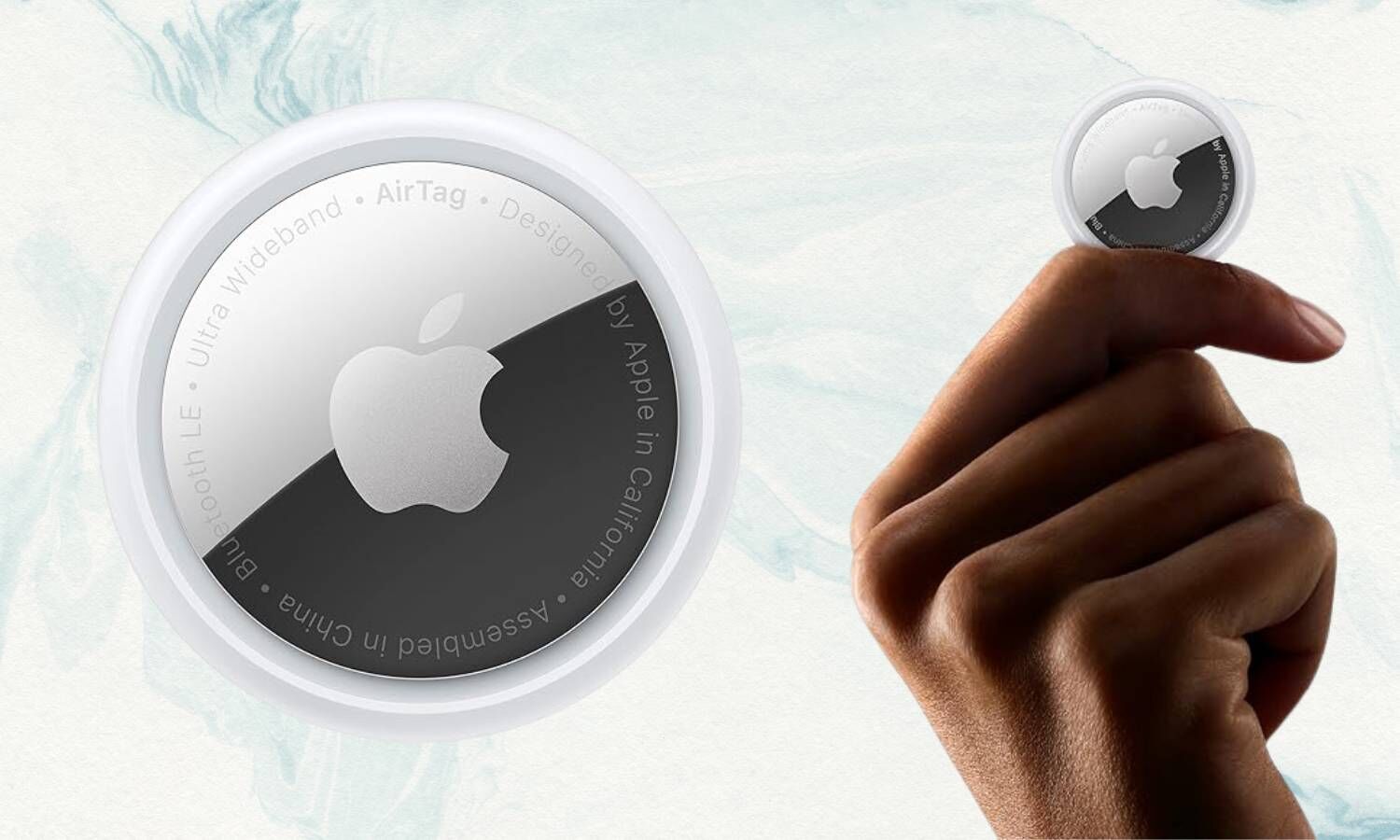Since its launch, Apple’s AirTag has carved out a niche as an indispensable tool for tracking personal belongings. However, its journey hasn’t been without bumps. The innovative tracker has faced scrutiny over privacy concerns, particularly regarding unauthorized tracking. This led to legal actions and a significant public outcry that has prompted Apple to innovate further in safeguarding user privacy. According to Mark Gurman in his latest Power On newsletter, Apple is set to release a revamped AirTag in 2025 that aims to address these concerns head-on.

A Closer Look at the Upcoming AirTag Enhancements
The second-generation AirTag, slated for release in mid-2025, is expected to retain its familiar look but will come with several critical upgrades. “Apple has implemented features to curb unwanted tracking, including sound alerts that will let a person know there’s an unknown AirTag in their vicinity,” Gurman notes, highlighting the ongoing efforts to make these devices safer and less prone to misuse. One of the standout changes is making the device more tamper-proof. Currently, it is relatively easy to disable the AirTag by removing its speaker, a loophole that has facilitated some of its misuse. The new design aims to make it considerably more challenging to remove the speaker, thus maintaining its effectiveness as a tracking device.

Enhanced Tracking Capabilities and Hardware Upgrades
Besides the privacy enhancements, the next-generation AirTag is also expected to bring improvements in technical specs. These include extended range and advancements in the onboard wireless chip, which are likely to enhance its performance and reliability. While the exterior design remains largely unchanged, these internal upgrades will ensure the AirTag continues to be a top choice for consumers needing reliable tracking solutions.
Apple’s Commitment to User Safety and Privacy
The forthcoming updates to the AirTag highlight Apple’s commitment to user privacy and safety. By making the device more secure and less susceptible to tampering, Apple is addressing the public’s privacy concerns head-on. These improvements are a significant step in the right direction, reinforcing the tech giant’s dedication to its users’ security and trust.

In conclusion, while the AirTag has become a valuable tool for many, its evolution reflects a broader tech industry trend toward greater responsibility and user protection. Apple’s proactive approach in enhancing the privacy features of the AirTag is a clear indication that the company is listening to its users and is committed to ensuring their safety in the digital age. As we look forward to the 2025 release, it will be interesting to see how these enhancements will redefine the standards of personal tracking devices.









